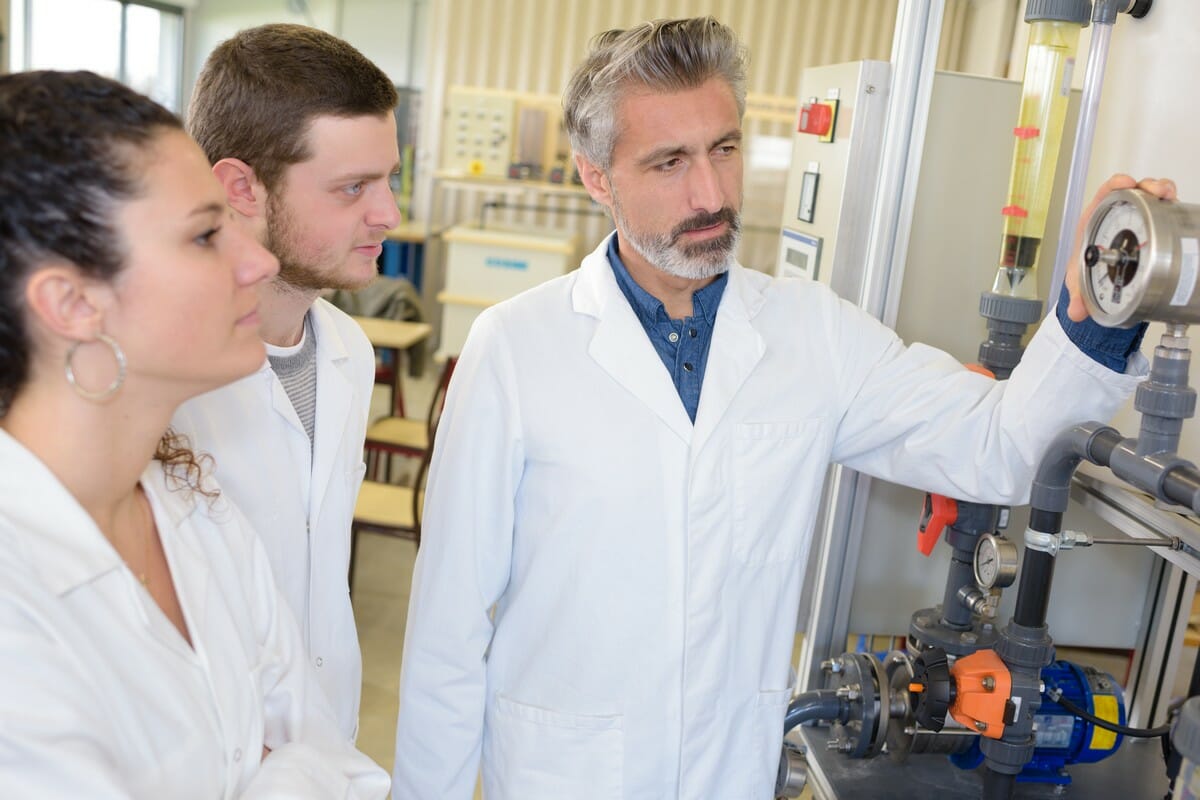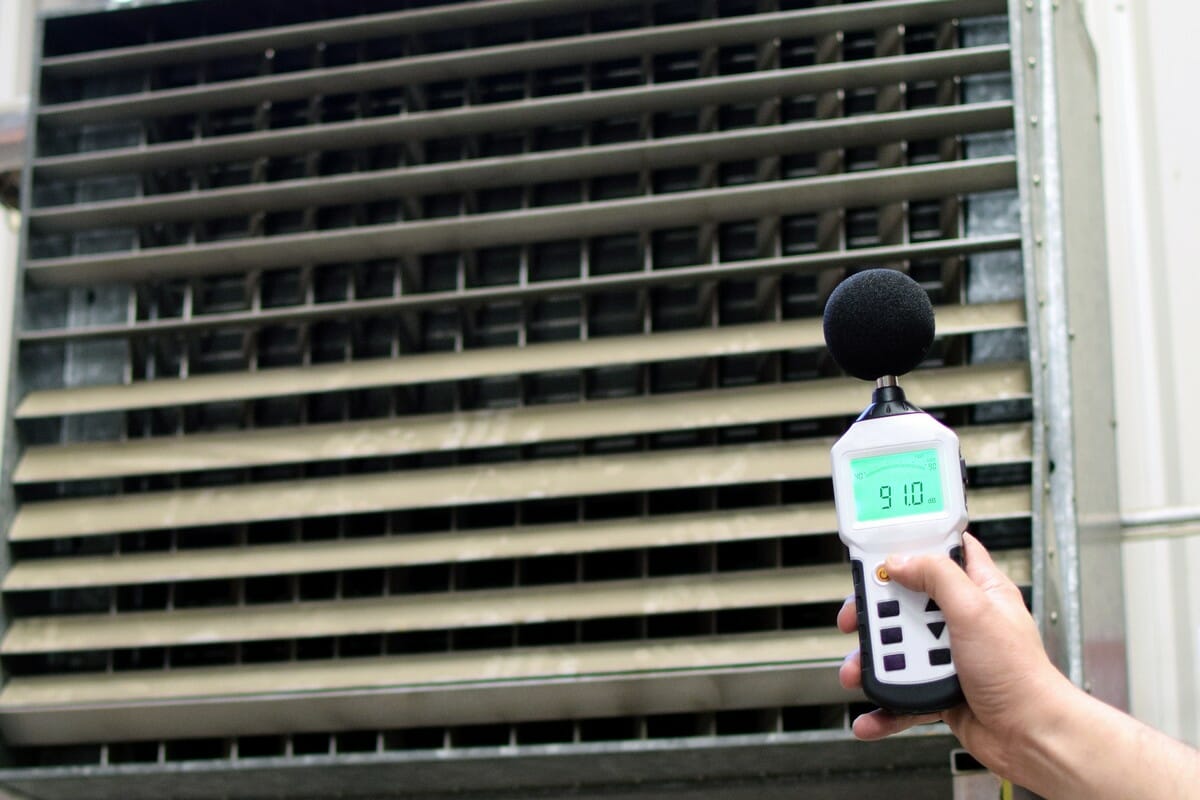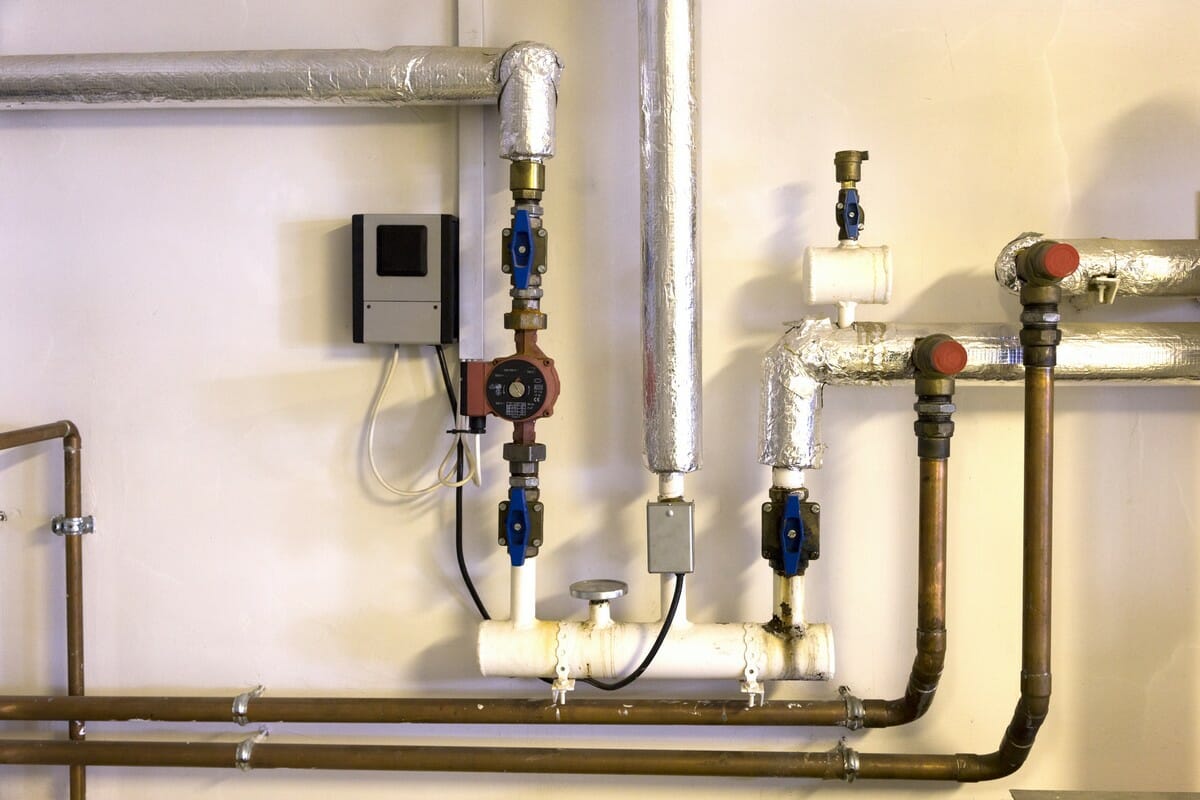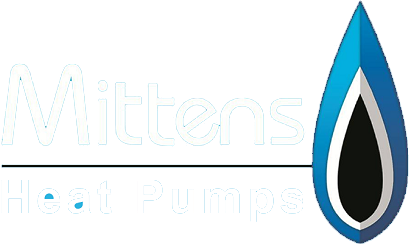Heat Pumps Regulations and Requirements
Table of Contents
Building Regulations: Heat Pumps

Call The Mittens Heat Pumps UK today on 01273257407 for advice and feedback with regard to raising your EPC rating and complying with building regulations. We will be happy to help you take the next steps towards maximising your home’s energy efficiency. Go ahead – contact us today to get started.
Our Guarantee
- Over Six Years Experience
- Unrivaled Experience
- An Exceptional Service
- Unbeatable Value For Money
- Industry-approved Scaffolders
- A Full Range of Heat Pumps Services
- Professional, Reliable and Diligent
- 100% Safety and Satisfaction
Design Requirements and Conditions
The key to ensuring an effective and efficient heat pump system is the accurate design of the heat pump system. The design of your heat pump is absolutely vital, as an oversized heat pump will not be efficient in generating heat and an undersized heat pump installation will never be able to satisfy the room heating and domestic hot water demand of the building for which it is installed.
In the past, heat pump design and installations were done based on a general rule of thumb, but they frequently resulted in inefficient heating systems. Consequently, MCS, a regulatory body, was formed to ensure that heat pumps are properly designed and installed to high standards.
At The Mittens Heat Pumps UK, we design and install heat pump systems on a property-to-property basis. This ensures we size the units properly and install systems that run at 100% efficiency and meet all the design requirements and standards. We only provide our clients with a proposal or quote after we have thoroughly surveyed the site. The survey enables our heating system technicians to accurately identify the perfect solution which is sure to meet your heating and cooling requirements.
We Are Also Available to Offer Heat Pumps Related Advice
Requirements for Installation
House Energy Rating
Your house energy rating, otherwise called the EPC rating, is an analysis of the energy efficiency of a house. An EPC provides statistics on the energy usage of a property and the average energy prices, as well as guidelines for how to reduce energy use and save money. An EPC rates the energy efficiency value of a property from A to G, with A being the most efficient and G being the least efficient. An EPC rating is valid for 10 years.

For heat pumps, an EPC report often forms the basis for deciding how much financial assistance the homeowner can apply for under the Renewable Heat Incentive (RHI) from the government. The Mittens Heat Pumps UK has trained and accredited personnel to perform these surveys and have EPCs submitted.
Heat Pump Type
Space for the Heat Pump
Depending on the type of geothermal heat pump system you select, for every ton of heating and cooling energy you need, you would need between 400 to 600 feet of loops. For a three-ton device, this typically converts to around 1,800 feet, which is what is normally expected for a typical home.
In domestic air source heat pumps, the external unit is no bigger than a washing machine and can be located wherever there is a good, fresh flow of air. The installations of heat pump systems on pitched roofs are not permitted, however. Furthermore, all sections must be at least one meter from the outside edge of the roof if an air source heat pump is to be installed on a flat roof.
Building Regulations
Regulations and Government Provisions
For ground source heat pump installations on residential properties, no planning permission application is required because it’s considered to be a permitted development. The same applies to water source heat pump installations.
The installation of an air source heat pump in residential buildings is also regarded as a permitted development which does not require a planning permission application. However, the following conditions must be met:
- Only one air source heat pump is allowed. If you want to install another air source heat pump, you may need to ask for planning permission.
- The heat pump must be installed on a flat surface, whether it be on the ground or on a flat roof. If it is raised off the ground, it must be at least 1m from the edge of the elevation.
- The installation of the heat pump must meet the requirements of the planning standards of the Microgeneration Certification Scheme.
- The air source heat pump must be used strictly for heating only.
- The air source heat pump outdoor compressor unit volume must not be more than 0.6m3.
- The air source heat pump must be positioned in order to mitigate its impact on the building’s exterior appearance.
- A gap of at least 1 metre should be given between the air source heat pump and the building boundary.
What is the Minimum Temperature Required for Heat Pumps?
The minimum temperature required for a heat pump to operate efficiently is not clear cut. This is because the temperature depends on the quality, brand, and model of the heat pump system in question. There are high-quality heat pump systems as well as low-grade heat pump systems.
For low-grade heat pump systems, the temperature at which the unit can no longer efficiently extract heat tends to be around -10 to -15 degrees Celsius. For products at the high-quality end, you can expect the output to cease at about -18 to -22 degrees Celsius.
You may be fortunate to find brands that maintain high-efficiency operation at -25 degrees Celsius. However, for this kind of system, you should note that they usually resort to an auxiliary heater to maintain their heat-creating capacity. That means if your heat pump continues to work at that rate, it will cost you more.
As expected, these apply more to air source heat pumps than to ground source heat pumps. That is because air source heat pumps are installed outdoors, where they are exposed to the weather and elements. Ground source heat pumps, on the hand, are fitted underground, where they are safe from the weather and elements. In addition, the natural temperature underground in the ground is fairly constant.
Electrical Requirements
- For effective and efficient operation of a heat pump system, at least 8 wires need to be connected to the thermostat.
- The wires should be designed to reduce the voltage drop from the main breaker or fuse panel to the device to 2% (maximum).
- Local codes should be consulted to determine the appropriate wire gauge and length.
- When the device is to be placed under an overhang, a minimum clearance of 36″ (91.4 cm) must be ensured and arrangements should be made for deflecting the warm discharge air out of the overhang.
MCS Planning Standards and Noise Level Requirements

While it is ultimately the responsibility of property owners to ensure that all conditions and limits for permitted development are met, the equipment installer usually checks that the installation meets the planning standards of the Microgeneration Certification Scheme (MCS 020), including noise requirements.
The Mittens Heat Pumps UK is a licensed MCS firm. We carry out a survey to ensure that the sound thresholds follow MCS 020 planning requirements and advise on the best spot. By using The Mittens Heat Pumps UK, you can rest assured that we will carry out the checks necessary to ensure that the installation meets the requirements for permitted development at the site survey stage, and that any concerns will be brought to your attention.
Standards of Conduct
A professional heat pump installer can help decide whether the house or building is susceptible to issues with indoor air emissions, which could be attributed to bio-organic resins or vapours, low air quality or high moisture. When allergies are a concern, the heating and air conditioning system should be serviced by a certified technician who will prescribe system modifications that can prevent issues that adversely affect your safety and comfort.
We Are Also Available to Offer Heat Pumps Related Advice
The Requirements for the Renewable Heat Incentive
Scheme Requirements
- You must own the heat pump system, or you must have the approval of any other to represent them where there is more than one owner.
- The plant must have the form and scale of qualified sustainable power technology.
- The installation of ground source heat pump, water source heat pump, biogas less than 200kWth, solid biomass, geothermal, energy from waste, and solar collectors, must have been completed on or after July 15, 2009.

- The installation of air-to-water heat pumps, 200Wth biomass-powered CHP systems, biogas and above, and waste networks must have been done on or after December 4, 2013.
- You cannot use public funds to finance some portion of the project.
- At the time of installation, the heat pump system must have been new.
- The plant must use either liquid or steam as the medium for heat delivery.
- The metering systems need to have the right meter forms, properly adjusted and positioned in the right positions.
- Biomass boilers must meet the air quality requirements – this applies to boilers submitted after September 2013.
We Are Also Available to Offer Heat Pumps Related Advice
Key Points
- There are many important factors that must be taken into account before designing a ground source heat pump and installing the system. These factors also determine the subsequent total cost of the heat pump system.
- Ensure that you are using an experienced installer, certified with the Microgeneration Certification Scheme (MCS) to install your heat pumps.
- Using an MCS-certified installer will ensure that the approved products are used and make you eligible to apply for the Renewable Heat Incentive (RHI) scheme and earn money for having installed renewable energy in your home.
- Improve your home’s energy rating with loft and cavity wall insulation before considering heat pump installation.
- New regulations mean heat pumps must be labelled with an energy symbol. The label provides information on the heat pump’s energy efficiency. The dark green label means the system is highly efficient, while red means poor efficiency.
Talk to the Experts
If you are considering installing a heat pump in an existing building or want rates and specs for a new development project on the horizon, The Mittens Heat Pumps UK can be of support. Customers contact us regularly to help them to improve an existing house’s energy efficiency. We have also frequently retrofitted modern heating systems to help a property to reach a higher SAP/EPC ranking and lower operating costs. Our customers vary from homeowners to major building firms and electrical/mechanical contractors.
We are a committed team of professionals and specialists in energy efficiency. We have developed into a leading supplier of smart solar energy, heating and cooling solutions in both the domestic and commercial sectors. We provide our clients with tailor-made approaches to perfectly match up with their unique requirements.
We can help with your grant applications and we are aware of any funding from which you may benefit. We grasp all the technological issues and the terminology of the industry, including MCS, RHI, RHPP, FIT, ROI, REAL, RECC, and much more.
To book your free survey or ask any questions about heat pumps or our other technology, email us today at EMAIL10 or call 01273257407.
Get in Touch With us for Your Heat Pump Hire Quotes
